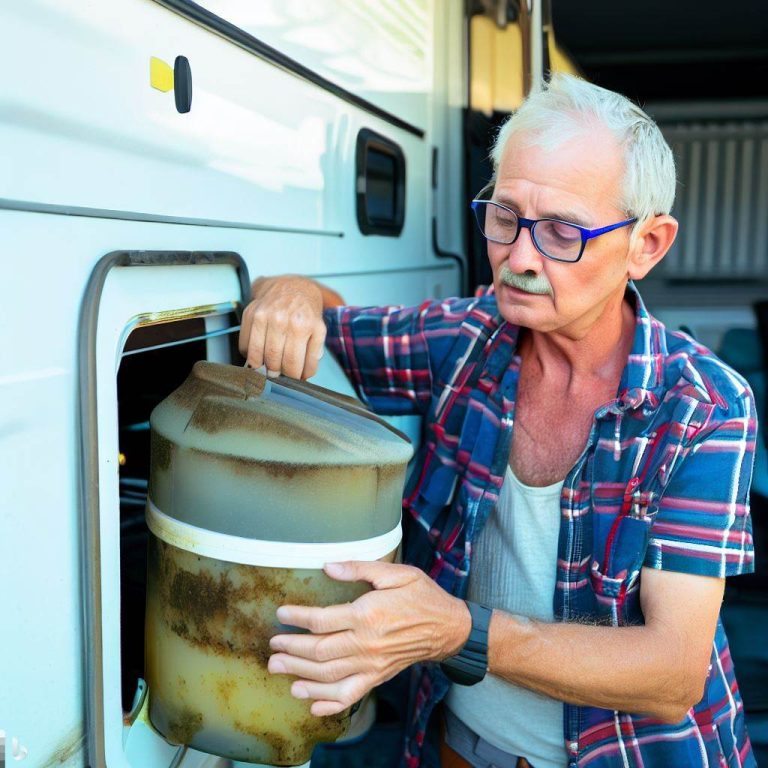
RV Water System Maintenance: Tips for Clean and Safe Water
Recreational vehicles (RVs) offer the freedom to explore the great outdoors while enjoying the comforts of home on the road. One essential aspect of this comfort is having access to clean and safe water throughout your journey. Proper maintenance of your RV’s water system is crucial not only for your well-being but also for the longevity of your vehicle. In this article, we’ll delve into valuable tips for maintaining a pristine and reliable RV water system, ensuring your adventures are worry-free.
Understanding Your RV Water System
Before diving into maintenance tips, let’s briefly understand the typical components of an RV water system:
- Fresh Water Tank: Stores and supplies potable water for various uses in the RV.
- Water Pump: Pressurizes the water from the fresh water tank to be distributed throughout the RV.
- Water Heater: Heats water for showers, dishwashing, and other hot water needs.
- Water Lines and Faucets: Distribute water to sinks, showers, toilets, and other appliances.
- Waste Tanks: Collect and store gray water (from sinks and showers) and black water (from toilets) before being properly disposed of.
RV Water System Maintenance Tips
- Regular Cleaning and Sanitizing: Begin the season by thoroughly cleaning and sanitizing your fresh water tank. Drain any remaining water, then fill the tank with a mixture of water and an RV-safe sanitizing solution. Let the solution sit for a few hours, ensuring it reaches all parts of the tank. Afterward, drain the tank and flush it with clean water until the sanitizing smell disappears.
- Monitor Water Quality: Pay attention to the color, odor, and taste of your water. If you notice any unusual changes, it could indicate contamination. In such cases, refrain from using the water until the issue is resolved.
- Replace Filters Regularly: RV water systems often feature filters that prevent debris and contaminants from entering. Replace these filters at recommended intervals to ensure clean water flow. Consider carrying spare filters during your travels.
- Protect Against Freezing: If you’re traveling in colder climates, prevent freezing by draining the fresh water tank and water lines when not in use. Use insulation or heat tape to protect exposed pipes and fittings.
- Maintain the Water Heater: Regularly flush and drain the water heater to remove sediment buildup that can reduce efficiency. If your RV has an anode rod, inspect and replace it if needed to prevent corrosion.
- Check for Leaks: Routinely inspect water lines, connections, and faucets for leaks. Even a minor leak can waste water and lead to more significant issues over time.
- Use Drinking Water Hoses: When connecting your RV to an external water source, use a dedicated drinking water hose designed for RVs. Avoid using garden hoses that may contain harmful chemicals.
- Properly Dispose of Waste: Follow proper procedures for emptying gray and black water tanks at designated dump stations. Never dump waste in unauthorized locations, as it can harm the environment and violate regulations.
- Minimize Grease and Food Debris: Use sink strainers to prevent food particles from entering the gray water tank. Grease can congeal and cause clogs, so avoid pouring it down the drain.
- Use RV-Safe Products: Opt for RV-specific water treatment and cleaning products that won’t harm your water system’s components. Regular household cleaners might contain chemicals that can damage seals and pipes.
- Prevent Algae Growth: To prevent algae growth in the fresh water tank, store it in a shaded area and consider using tank covers designed to block sunlight.
- Flush Tanks After Each Trip: After each trip, empty and flush the gray and black water tanks thoroughly. Leave the black water tank valve closed until it’s at least two-thirds full to ensure proper waste removal.
Conclusion
A well-maintained RV water system is the cornerstone of a comfortable and enjoyable road trip experience. By following these maintenance tips, you can ensure that your water remains clean, safe, and readily available throughout your journeys. Regular cleaning, monitoring, and preventive measures will not only safeguard your health but also enhance the overall longevity and performance of your beloved RV. So, before you hit the open road, take the time to care for your water system – a small effort that guarantees big rewards